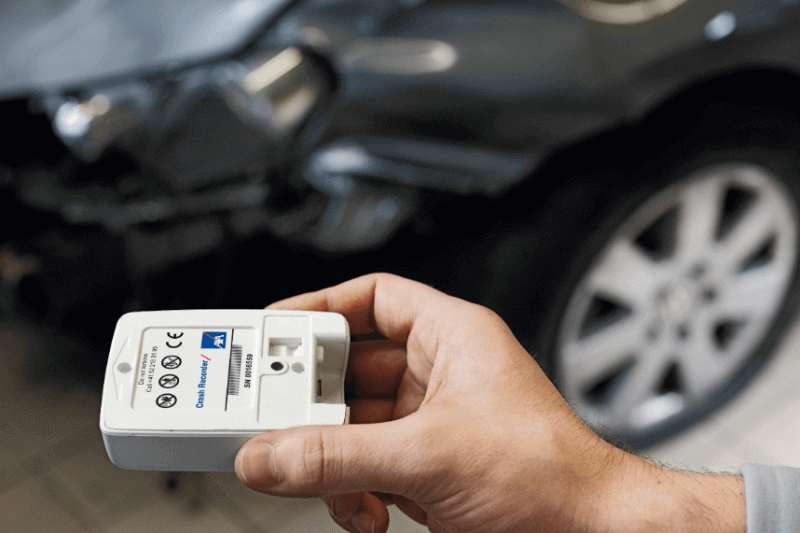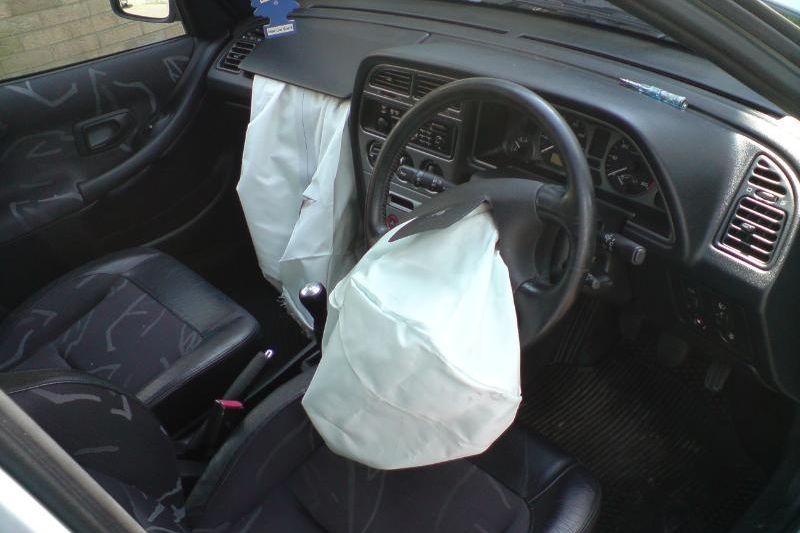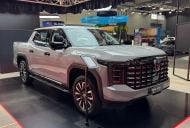All new cars sold in Australia could soon record evidence of their drivers breaking the law, thanks to global regulations in the works to be adopted locally.
Since July 2022, new cars launched in countries which are signatories to the United Nations’ World Harmonisation of Vehicle Regulations (WHVR) – such as Australia – have been equipped with ‘Event Data Recorders’ (EDRs).
EDRs act similarly to an aeroplane’s black box by recording certain driver inputs, speeds and even seat positions, storing information captured in the five seconds prior to a crash and 0.3 seconds after an impact.
This can allow crash investigators to determine whether the vehicle involved was at fault in a collision, or demonstrating a driver was exceeding the speed limit in the lead up to a crash – not only making them more likely to face a fine, but be at risk of insurance being voided due to breaking the law.
While EDRs have been equipped in new cars since as early as the late 1990s, the system will be a requirement for all new vehicles sold in WHVR-aligned countries from July 2024 – even if they were introduced prior to the July 2022 cut-off.
But while Australia is a signatory to WHVR, that doesn’t necessarily mean it has to enforce the regulations.
A spokesperson for the Department of Infrastructure and Transport told CarExpert the Federal Government is currently investigating whether to make the fitment of EDRs mandatory in Australia, citing local privacy laws as a concern.
“It is Australian Government policy to harmonise ADRs [Australian Design Rules] with the international standards set by the United Nations to ensure vehicles with the latest safety technologies can be supplied in Australia at the lowest price,” said a government spokesperson.
“Work has begun examining how UN Regulation 160 can be implemented in Australia. A range of matters will need to be considered including access to, and the management of EDR data and privacy implications of EDRs within the context of Australia’s privacy laws.
“Any decision to regulate EDRs in Australia would follow the Australian Government’s standard policy on developing regulation, which includes considering different policy options, how those options impact the public and businesses including costs and benefits, and the results of public consultation.”
It’s worth noting that while EDRs record data, they differ from the ‘black box insurance’ – or telematics – devices offered to UK motorists, which actively send data back to an insurance company, affecting a driver’s premiums based on their driving habits.









